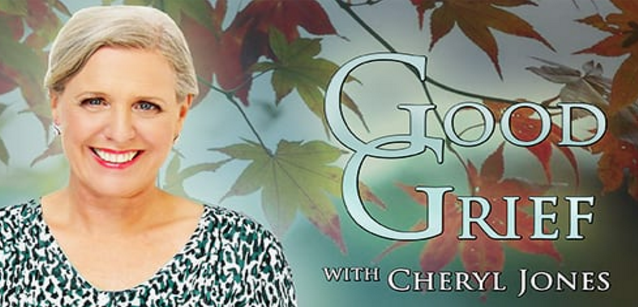Death and dying feels like a messy matter at times. If we haven’t come to terms with our mortality, how can we even begin to think about and exercise our choices.
It is complicated and often intense to think ahead of time about how we want to die. Considering our choices requires deep introspection. For example, VSED is a complicated choice and it requires sufficient support. First the individual has to determine if it is right for him or her. Then loved ones have to support the individual’s decision. It takes time and effort to communicate with medical and legal people to ensure that everything will be carried out properly.
In this blog, I want to focus on the legal issues. I highly recommend that someone who is considering VSED consults with an elder law attorney. Do this well in advance. Not all elder law attorneys will be comfortable with or knowledgeable about VSED. We were fortunate to have a forward thinking elder law attorney. She knew much more about VSED than an estate planning attorney or a family law attorney.
The elder attorney will draw up documents to ensure that your wishes are followed and are within the realm of the law. In our case, my husband had his Health Directive that was filled out and updated as needed. Because he had Alzheimer’s and was still mentally competent, he filled out the Alzheimer’s Advance Mental Health Directive. This can be found on the End of Life Washington website. It is excellent, and it often requires the assistance of an elder law attorney.
My husband was certain that he wanted to avoid ever living in a dementia facility, but he only had so much control. If he landed in a dementia facility, however, we had already talked about our financial assets with our elder law attorney so that there would be money to take care of him and also money left for me. It can be very complicated. The Alzheimer’s Directive also covers decisions involving day to day choices about where someone would like to be treated and cared for. Different scenarios and options are covered in this fine Directive.
Here is a link to the Alzheimer’s Disease and Dementia Mental Health Advance Directive.
Many people ask me about the legality of VSED. Yes, it is a legal option in the United States. I strongly encourage you to look at the white paper written by Thaddeus Pope and Lindsey Anderson called “Voluntarily Stopping Eating and Drinking: A Legal Treatment Option at the End of Life. It was this document that convinced my husband to VSED.
Another document that our elder law attorney drew up was a document to eliminate risk to the caregivers, the doctor and myself. I also filled out a similar document. Both were witnessed and notarized.
So, there is lots to think about. I encourage you to read my book, Choosing to Die. All the details are covered in the book. It is both a memoir and a guidebook.

